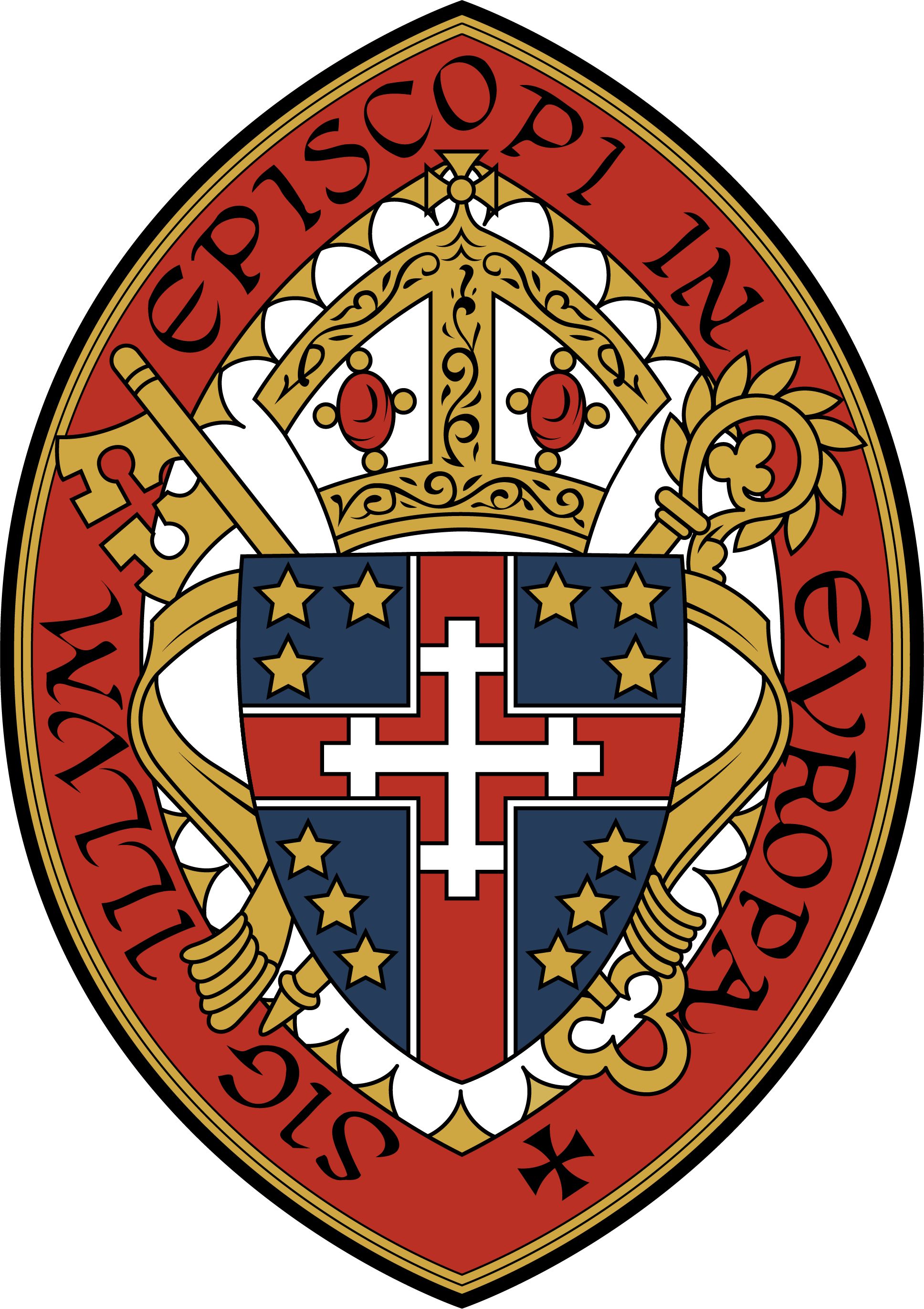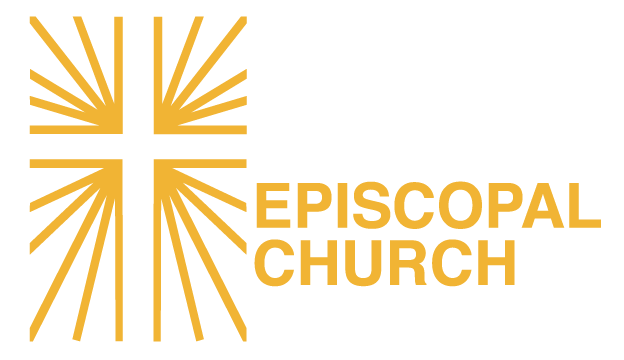
June 22, 2025 • The Second Sunday after Pentecost
The Cathedral Church of the Holy Trinity • Paris, France
Text: 1 Kings 19:13b: “Then there came to him a voice that said, ‘What are you doing here, Elijah?’”
We have just concluded another annual meeting of the parish. By my count, it is the one hundred and sixty-first such meeting in our one hundred and sixty-five year history; we skipped a few years, as near as I can tell, in the 1940s, for reasons you may remember.
There is something comforting to me about the routine cycle of the annual meeting. I will confess that I wish we held ours as virtually all other congregations do, early in the year; in many dioceses there is a canonical requirement to hold the meeting in January, mostly so the plans for the year ahead are aired to the whole congregation at the gate of the new year. Here, we end up informing you of the budget for the year when it is already half-spent, and that hardly seems like an effective way of engaging your views and perspectives.
But it is this quintessentially Episcopal thing, the annual meeting. This church arose from people who were committed to the proposition that the church could be both led by bishops and governed by the people, and every time we meet in our annual meeting we live out that basic idea of the church.
It is not unique to us, of course, but it is something we take with unique seriousness, and the tension built into it is part of what we believe makes place for God’s inspiration to find us and to lead us.
Here in the cathedral parish, we have in a way reduced the annual meeting to its bare bones, at least so far as the laws of France are concerned. We do what we must; we must approve the statutory auditors we must approve the 2024 audited accounts and the appropriation of earnings, we have to elect a new vestry, and we have to discharge the officers who have served during the past year from their responsibilities.
That’s it, and that’s what we did. But you know, there is precious little in there about the purpose of the place. We could have been a chamber music association, or a literary society, or a private club. Not a lot about the meeting, except perhaps the opening prayer, made us much different from any other association in France.
Elijah is a troubled man. He is holding on to his faith in God in the teeth of tremendous opposition from the powers that surround him. King Ahab has turned against the God’s covenant with Israel, and the whole people have turned with him. Ahab’s wife, Jezebel, is portrayed in the story as pretty much the archetype of the evil influence behind the throne; she promotes and provides for the prophets of Baal, the local indigenous god, and relentlessly suppresses the teachers who have remained faithful and devoted to the Abrahamic covenant.
Elijah feels utterly bereft—as though he is the only one left who is faithful to the covenant the God Abraham, Issac, and Jacob—the commandments, the laws, the Torah. Everyone thinks he’s a fool, that he’s behind the times, that he’s preaching old and dead ideas—and, what is worse, is telling anyone who will listen that Ahab is leading the whole nation in the wrong direction. He’s not just unpopular; there’s a price on his head.
And it has gotten worse. Just before the story we heard this morning is a dramatic scene you might remember from the book of illustrated bible stories you had as a kid. Elijah challenges the prophets of Baal to a kind of winner-take-all prophet contest. He challenges them to make a sacrifice of a bull on an altar, and then pray to their god to light the fire that will consume the sacrifice. Well, they take him up on the idea, and they prepare their sacrifice—but when they pray, absolutely nothing happens, and the longer they go on, the more embarrassing it is.
Then Elijah does the same thing. And he makes a point: he rebuilds an old altar that had been used when the people were faithful to God. He prepares his sacrifice in the same way, and he orders that the whole thing be doused in water – the bull, the wood, the altar, everything, not just once but three times. There is so much water that it fills a trench around the bottom of the altar.
But when Elijah prays to his God—to our God—there is no waiting. Fire comes down from heaven and consumes absolutely everything in the flash of an instant—the bull, the wood, the stones, the dirt, the water, everything. It’s a pretty convincing demonstration.
You would think that might be enough. But Elijah manages to overreach a little. The people are completely awestruck at what they have just seen, and he incites the mob to round up the prophets of Baal and kills them all. It’s pretty gruesome stuff, and to put it mildly it doesn’t have the desired effect of turning the hearts of either Ahab or Jezebel. So once again, he has to run away.
Let me just stop right here and say I think it’s perfectly fair for us to have questions about Elijah’s tactics. This is not a story of the meek inheriting the earth. Elijah is a pretty determined prophet, and he is also a ruthless one. But now he’s scared half out of his mind, and he runs away to try to find safety in the wilderness, in place nearer to God.
That is where we pick up the story this morning. And not just once, but twice, a voice speaks to Elijah and asks him the same question: What are you doing here, Elijah? Why have you come here? What is your purpose?
Elijah answers honestly. I’ve been pleading with the people to return to the faith of the covenant. They are turning away. The leaders of the people are suppressing and killing those who call the people back to faith in the covenant. I am the last one left, and now they’re looking for me, too.
What happens next is one of the most familiar stories in all the bible. Elijah is told to go stand on the mountain, because God is about to pass by him. There is a terrible, destructive wind, and a mighty earthquake, and a rain of fire, and after all that, what the text we heard this morning calls “a sound of sheer silence.” You might remember that in the Revised Standard Version so many of us grew up with, that was rendered as “a still, small voice.”
And then the question comes a second time; this time we are meant to understand it is the very voice of God, that barely audible voice, doing the asking: What are you doing here, Elijah?
Elijah knows who he is and what he has been called to do. He has pursued that vocation at immense cost to himself.
Now is not the time for him to shy away, or to embellish the truth. He simply says what he said before. I have been very jealous for the Lord, for the Israelites have forsaken your covenant, thrown down your altars, and killed your prophets with the sword. And I alone am left.”
Now, we will pick up with Elijah again next week. But what I want to offer for us this morning is just this.
We have been through times of ferocious winds here. We have seen the winds of change blow through the cultures of the countries we come from so much that they hardly recognize the ideas of faith anymore.
We have been through earthquakes here, the trembling of the foundations beneath us that we once thought we knew: The idea that America wanted to lead the free world and was proud of its role, the idea that the international system was organized to promote democracy and human rights.
And we have been through our own earthquakes here in our parish, with transitions and hurt feelings and confusions.
And we have been through the fire here—not, by the grace of God, an actual fire, but the fire that consumes our vanities and our pretentions.
And now after all that, if we can just be still for long enough to listen, there is a voice that is asking us: What are you doing here?
What are we doing here?
The time is long since past that it was sufficient for us to answer that our mission is to be a gathering of Americans far from home who gather for worship. There aren’t nearly as many Americans here as there were forty or fifty years ago, and besides, God does not have much interest in churches that are organized around passports rather than principles.
And the time is long since past when it was enough for us to hang our Episcopal flag on the flag pole and expect that was sufficient answer to the question why we are here. For one thing, it’s not as though there are hundreds of loose, unanchored Episcopalians wandering around Paris looking for their church.
And for another, we have well and truly arrived at the moment that no one around us knows, and no one around us cares, that George Washington once sat in the pews of an Episcopal Church.
What are we doing here? What are you doing here? If the answer that comes first to your mind doesn’t have something to do with the Gospel of Jesus Christ, if it doesn’t start from the possibility of reconciliation with God we are offered through the life, death, and resurrection of Jesus, if it doesn’t first address the call of Christ to love all our neighbors as we do ourselves without exception and to put that into practice by what we do, not just by what we say, then more than likely when we come out to the gates of this place God will pass us by and keep on searching for those who will.
The Vestry we have elected today will have this as its first and foremost objective. It is time for us to answer anew this question for our own generation and for the generations to come. What are we doing here? If we do the work of setting the world aside and sitting quietly and prayerfully with that question, the answer may well surprise us.
It may call us to deepen the life of the spirit in this place through bible study and an intentional prayer life. It may call us to reach out in new ways to the least, the last, and the lost in our city. It may call us to find new friends through old paths, rebuilding our relationships with the institution we share this city with.
It is not for me to say what that answer will be. It is for us to find it together. And I am certain, absolutely certain, that there is a part of God’s mission that we have been uniquely gifted to serve, a part of God’s plan that God needs us to take up and is inviting us to embrace as our own.
What are we doing here? That is the question. Now is the time for us to find an answer for the next chapter of our history as the Episcopal Church in Paris—and when we find it, like Elijah long ago, the still small voice will speak to us, and tell us what it is God is calling us to do. Amen.
